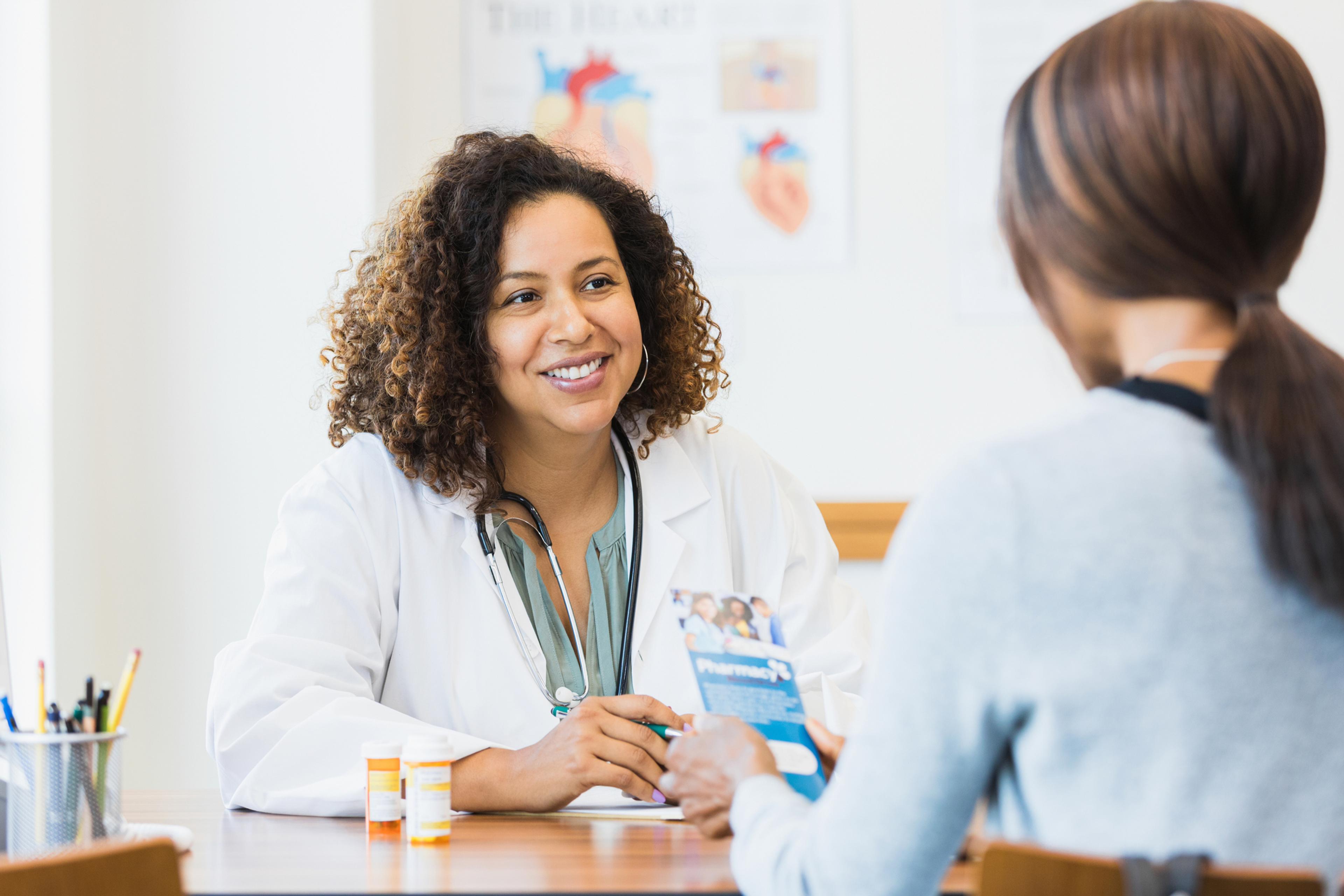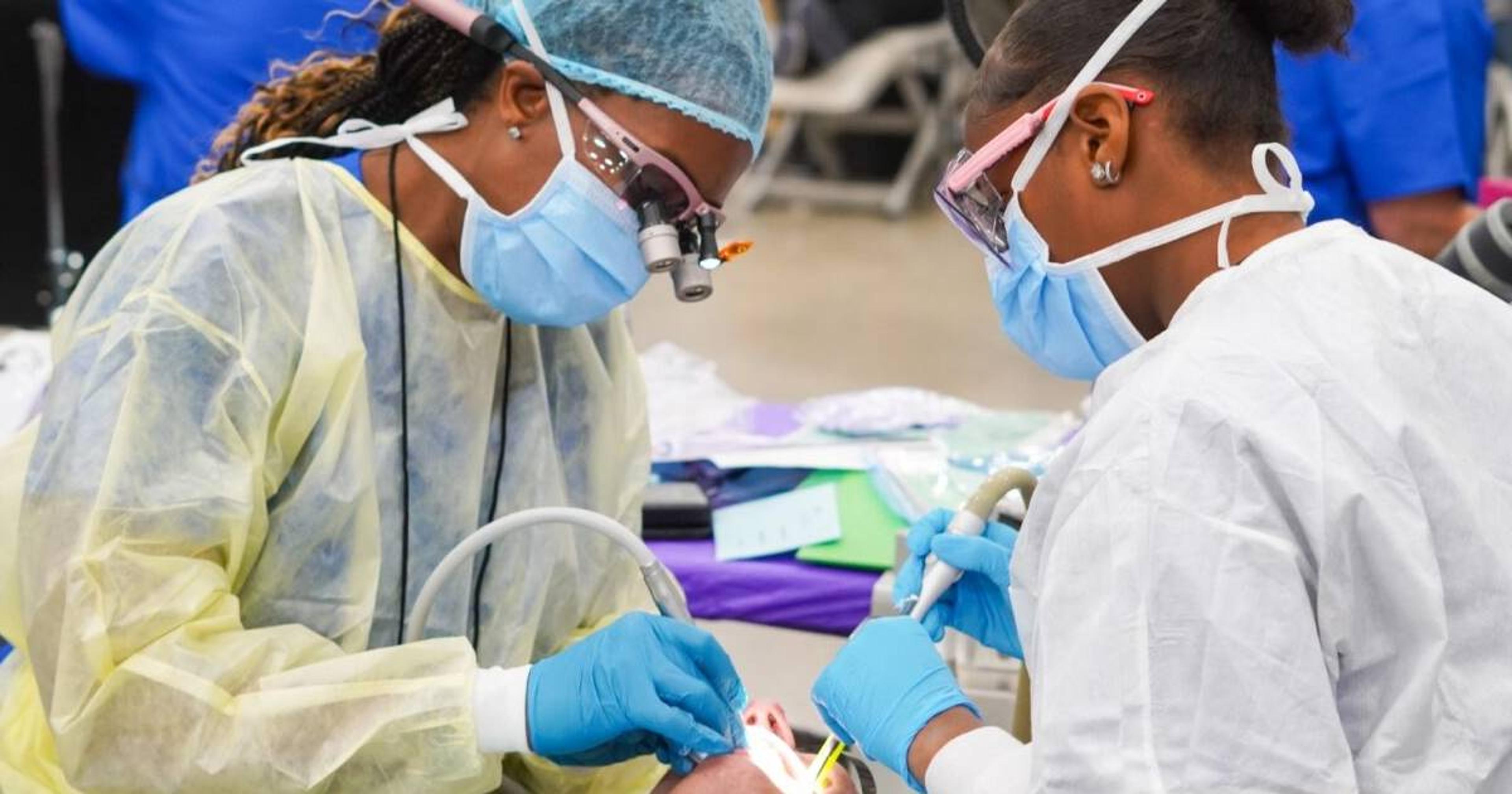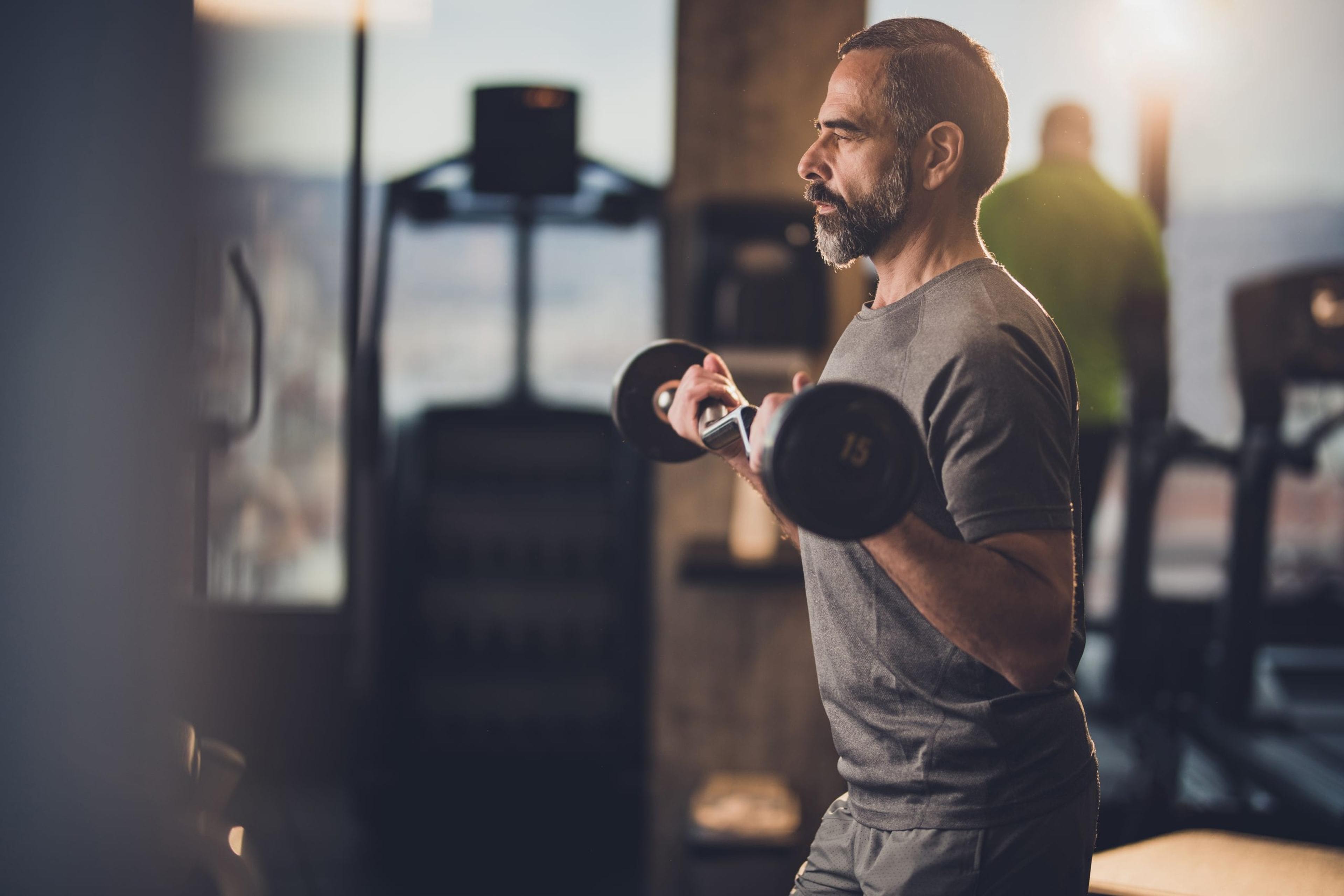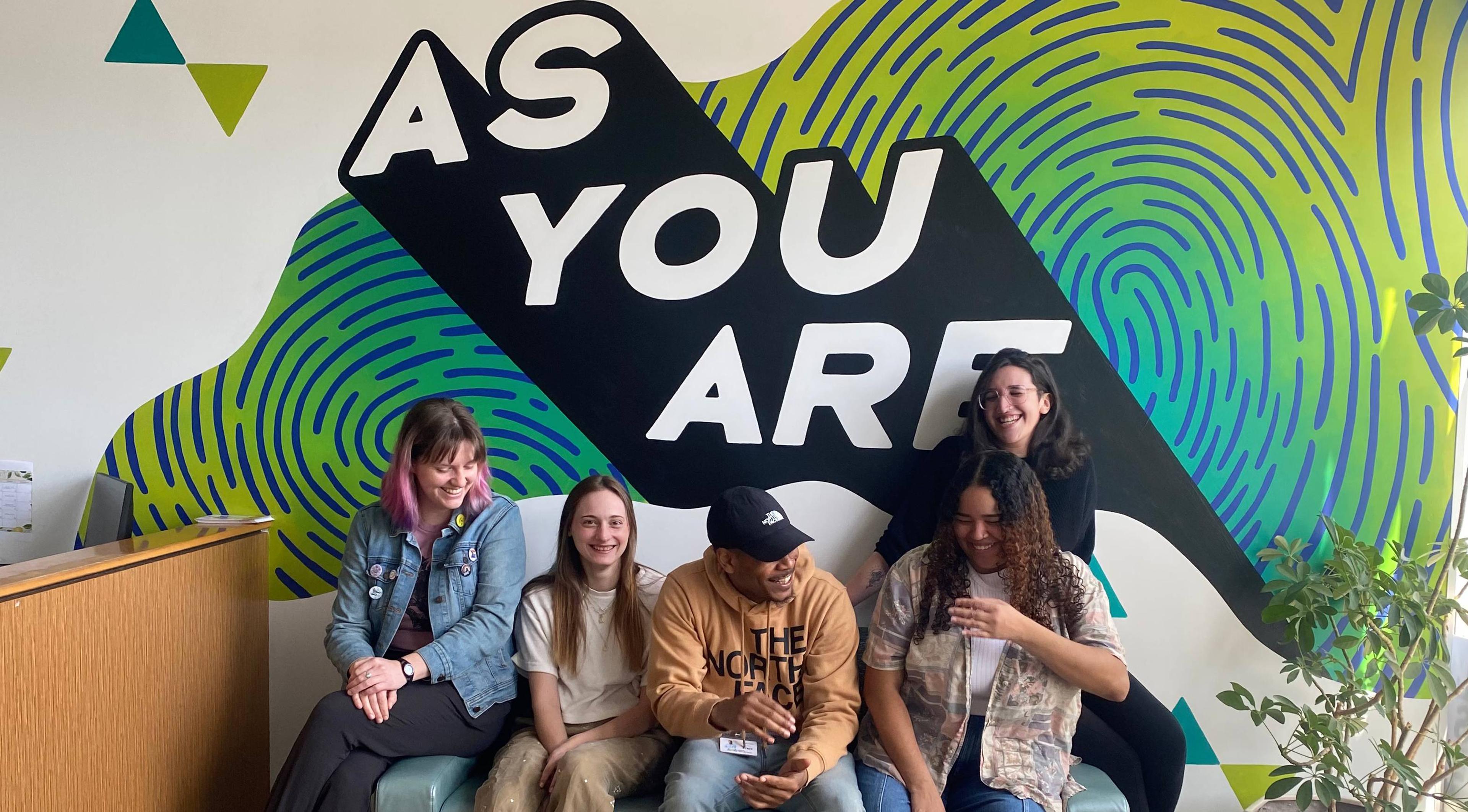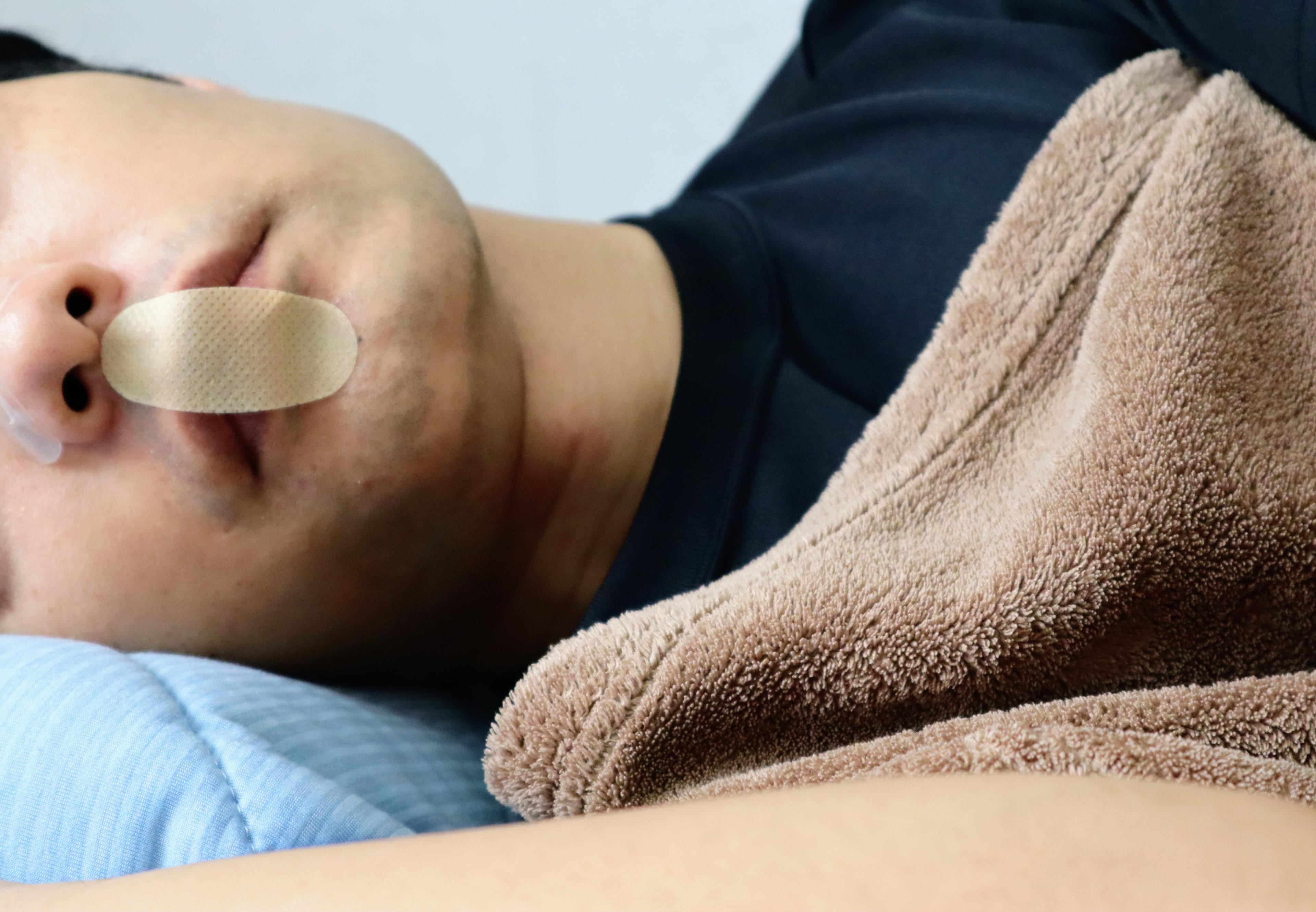Do Natural Sleep Aids Really Enhance Sleep Quality?
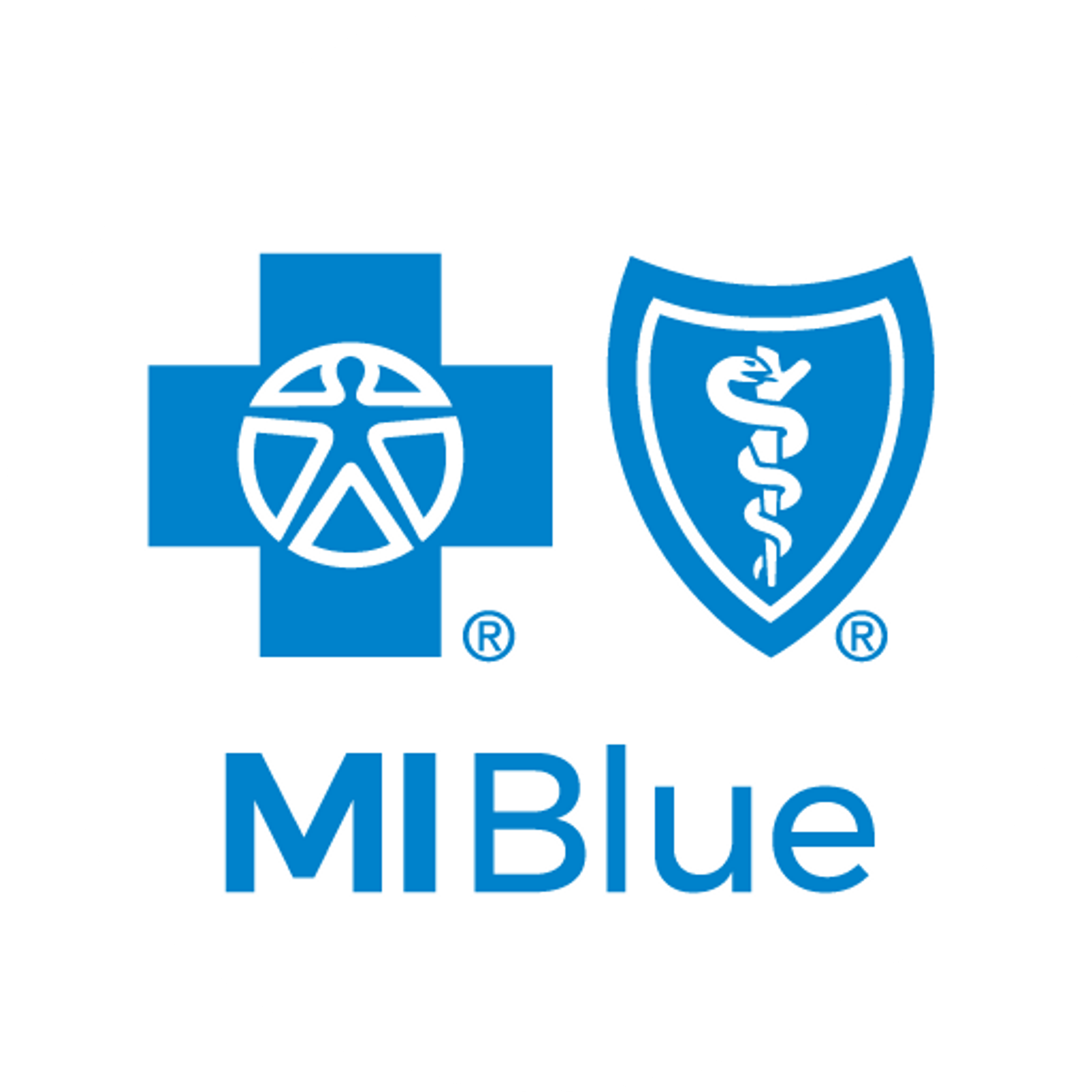
Blues Perspectives
| 4 min read

One in three adults don't get regular quality sleep, according to a 2022 Gallup poll. This episode Dr. Angela Seabright, Care Management Physician for Blue Cross Blue Shield of Michigan, joined to focus on natural sleep aids. There are many naturally derived sleep aids available over the counter today and used popularly as alternative medicine. But are these natural sleep aids effective in giving better sleep?
Common difficulties achieving restful sleep
Many people turn to natural sleep aids out of desperation after experiencing insomnia or not getting a high enough quality of sleep, Dr. Seabright said. One in three adults polled by Gallup self-reported as not getting good quality sleep regularly. It is important to look for the cause or root issue for your sleep issues before trying sleep aids or supplements, according to Dr. Seabright. Common issues leading to low quality sleep or insomnia can include:
- poor sleep habits
- heart conditions
- nicotine, alcohol and caffeine intake
- stress and anxiety
- post-traumatic stress disorder or PTSD
- restless leg syndrome or sleep apnea
Commonly used sleep aids vary widely
There are many sleep aids available and advertised on the market, because sleep issues and sleep aids are such a big business for Americans since so many of us so not get enough sleep. "I just want to give a disclaimer that dietary supplements are marketed as sleep aids, but dietary supplements are not regulated by the Food and Drug Administration, the FDA," Dr. Seabright said. "There's really no guarantee that what's in the bottle matches what the manufacturer says is in the bottle. And there can be significant variation in the concentration and the purity of the supplements."
With that said, let’s pay attention to the most used sleep aid, melatonin. Melatonin is produced by the brain and stimulates sleepiness. Melatonin levels naturally increase in response to the dark and then light suppresses our melatonin, according to Dr. Seabright. Bad habits like late night TV or phone scrolling limit melatonin production.
“Melatonin is usually considered safe in the short term, especially for those with jet lag or circadian rhythm disorders. It may be useful for sleep onset insomnia for people who are having a hard time falling sleep,” Dr. Seabright said. “But it's really not going to help maintain sleep later in the night.”
Other popular supplements include:
- chamomile
- lavender
- magnesium
It’s important to talk to your healthcare provider before you start taking any supplement, even those marketed as natural, or plant derived.
Are “sleep cocktails" effective?
“Sleep cocktails” have increased in popularity recently, especially one including certain milligram doses of magnesium l-threonate, l-theanine and apigenin. Dr. Seabright is quick to point out that the term “cocktail” often refers to alcoholic drinks, and since sometimes alcohol is used to try to induce sleep or as a nighttime habit, it is important to note that these sleepy cocktails are not alcoholic. Looking at the named supplements, they do have properties that can promote sleep, by way of how they interact with our GABA receptor, according to Dr. Seabright. GABA stands for gamma-aminobutyric acid, and the reaction these supplements have can decrease activity of neurons. Magnesium works in the same way.
Dr. Seabright said of the sleep cocktail, “I do see that how each one of these individually can promote sleep,” “But there's really no evidence to prove that taking all three of these is superior to maybe just taking one. You may save your pocketbook a few dollars by just picking one.”
Understanding natural sleeps aids in a broader approach to sleep
It is important to talk to your care team about the root cause of your sleep. Many diet or lifestyle choices, or medications you may be on, can also have effects on your sleep and these are conversations you should have with your care team before turning to sleep aids or sleep cocktails of supplements. Make sure you are taking stock of your personal sleep habits and sleep hygiene.
“Making sure you're going to bed at the same time, you're waking up at the same time, light exposure, and making sure that you're getting natural light exposure, preferably early in the morning, early in the day so that you can set your clock; These are little things that you do throughout the day are going to make a difference at night,” Dr. Seabright said.
Related Links:
- Why High-Quality Sleep is Connected to Good Health (mibluesperspectives.com)
- The Benefits of Sleeping in a Dark Room (mibluesperspectives.com)
- How Alcohol Impairs the Sleep Cycle (mibluesperspectives.com)
Listen to the podcast, Do Natural Sleep Aids Promote Better Sleep, to hear the entire conversation. A Healthier Michigan Podcast is brought to you by Blue Cross Blue Shield of Michigan.
To hear more episodes on your smartphone or tablet, subscribe on Apple Podcast or Spotify or your favorite podcast app.

